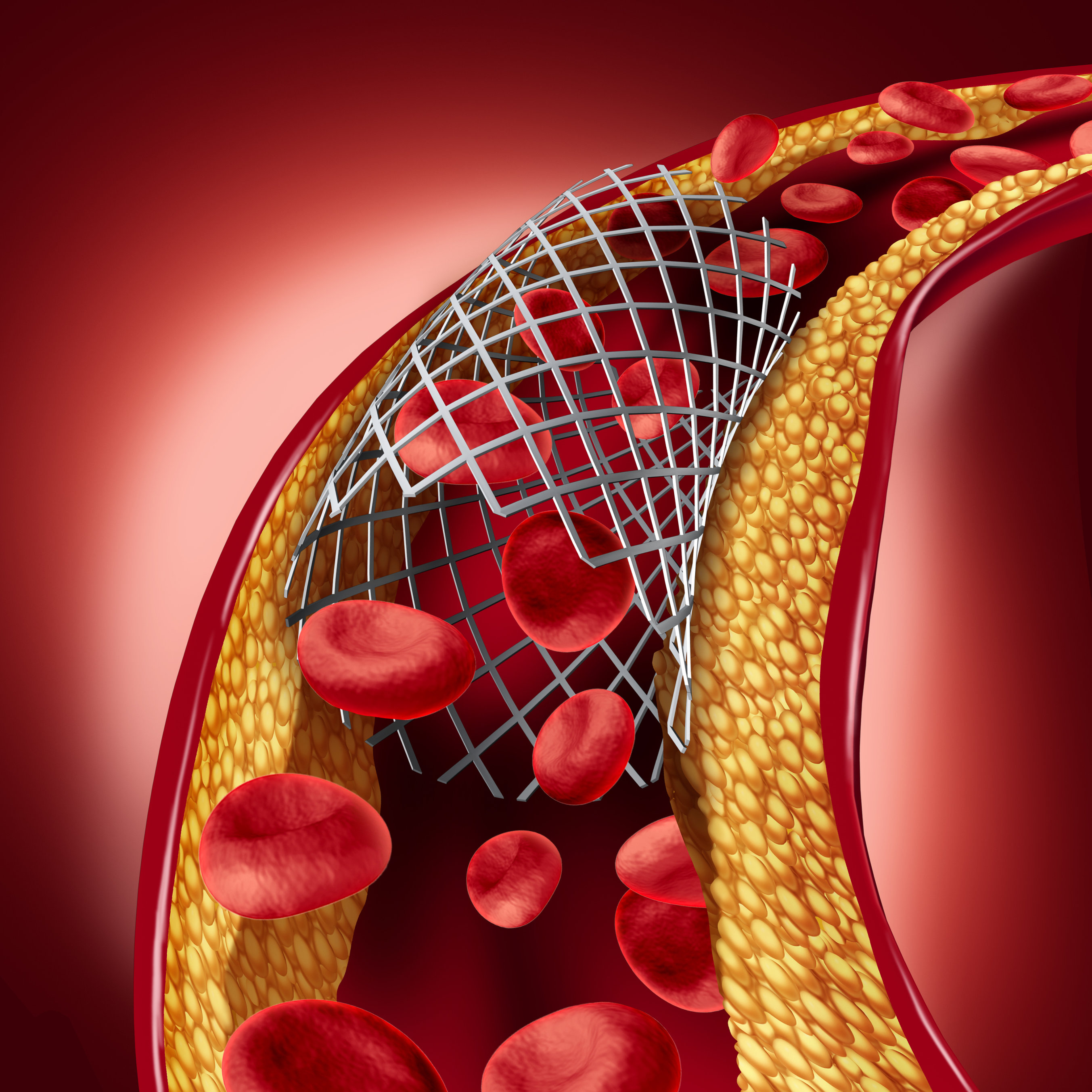
A series of three papers in The Lancet traces links between pre-conception parental diet and health status to the health of babies
Parents’ diets and health even before conception can have profound implications for the growth, development, and long-term health of their children.
A series of three papers published in The Lancet outlines how preconception risk factors affect the unborn baby and lifelong health risks. Drawing on existing evidence from around the world to redefine the preconception period, it proposes interventions to help improve preconception health. These findings have substantial societal and public health implications, and point to a new emphasis on preparing for conception.
To help improve health in future generations, the authors call for a joint focus, including better guidance and support for individuals planning pregnancy, and increased public health measures to reduce obesity and improve nutrition. They suggest that behaviour change interventions, supplementation and fortification could lead to preconception health improvements.
Maternal obesity, is also linked to poorer birth outcomes, is thought to increase levels of inflammation, hormones and metabolites. This may directly alter the development of the egg and embryo to increase the risk of chronic disease in later life
Previous research has defined the preconception period as the three months before conception, as this is the average time it takes for fertile couples to become pregnant. However, this is imprecise. It ignores the time taken to achieve preconception health improvements.
That is why the series redefine the preconception period in three ways. Biologically, it is the days to weeks before and after fertilisation. Individually, it comprises the weeks or months when a woman or couple decides to have a child. At a public health level – as the months or years needed to address preconception risk factors, such as diet and obesity, before pregnancy.
“The preconception period is a critical time when parental health – including weight, metabolism, and diet – can influence the risk of future chronic disease in children, and we must now re-examine public health policy to help reduce this risk. While the current focus on risk factors, such as smoking and excess alcohol intake, is important, we also need new drives to prepare nutritionally for pregnancy for both parents. Raising awareness of preconception health, and increasing availability of support to improve health before conception will be crucial,” says lead author of the series, Professor Judith Stephenson, UCL, UK.
Evidence suggests that smoking, high alcohol and caffeine intake, diet, obesity and malnutrition potentially cause genetic, cellular, metabolic and physiological changes during the development of the unborn baby. Those have lasting consequences into adulthood and increase the child’s lifelong risk of cardiovascular, metabolic, immune, and neurological diseases.
In particular, maternal obesity, which is also linked to poorer birth outcomes, is thought to increase levels of inflammation, hormones and metabolites. This may directly alter the development of the egg and embryo to increase the risk of chronic disease in later life. Male obesity is also important, and is associated with poor sperm quality, quantity and motility, which could increase the risk of chronic disease in later life. However, it is uncertain whether paternal diet and obesity have as strong an influence as maternal preconception health.












